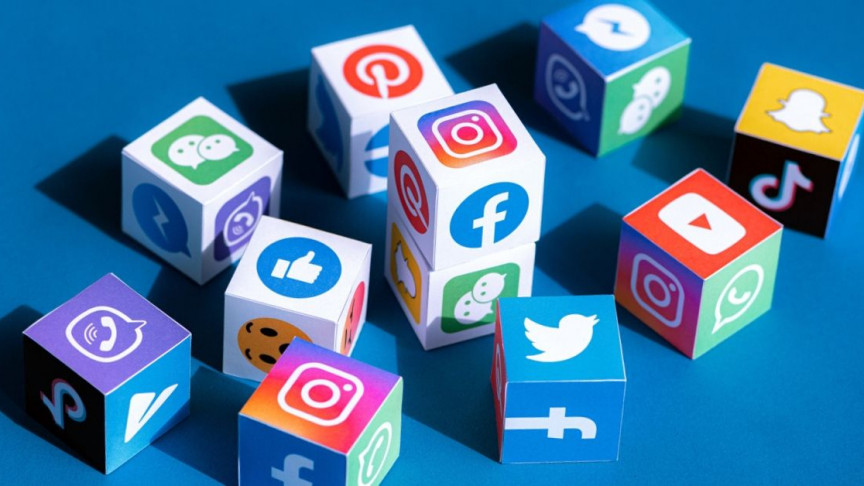Delete Your Social Media, Seriously

Image courtesy of Interesting Engineering
By: Renee Rasmussen
There is nothing more addicting than scrolling through Instagram or Twitter, especially when most students are stuck at home and far away from their campus and friends. Effects of isolation are apparent everywhere, and while social media may seem like a quick fix, it may cause more damage when emotions like loneliness and despair appear.
Social media has become far from the “social” platform it was intended to be. Filled with hateful retorts, political propaganda, and “cancel culture,” posting to Instagram can sometimes be as stressful as taking an important exam. Twitter arguments have become the “cool” way to express opinions, and blocking friends who disagree has almost become an inevitable consequence.
The problem of this culture is that it embraces utter perfection and rejects authenticity. It encourages people only to speak out if their followers agree, and makes it clear that self-worth should be based on a person’s social media presence.
This, of course, could not be further from the truth. A person’s worth has absolutely nothing to do with how many followers they possess, how well a filter is chosen, or even by how much they post. Life was not meant to be lived through a screen nor to be constantly shared. Social media can make us believe the only important aspects of our lives are those we feel comfortable enough to share with our followers; Life is so much more than that.
Our media is filled with hate, despair, and sadness. Depression has become a joke for influencers to make Tik-Toks about, politics has become something for people to argue over on Twitter, and the media has become masterful at playing into the nation’s fears. Feelings of depression and anxiety are inevitable causes of constantly scrolling. Social media has emphasized and ingrained comparison culture into the lives of its participants. This person has more money, this person looks better in this outfit, and another believes this about that; things become a constant comparison instead of a celebration of individuality.
According to an article by NBC News, the rate of young adults with suicidal thoughts or related outcomes has increased by 47% from 2008-2017, a phenomenon they suggest is caused by the increase of digital media.
“Cultural trends in the last 10 years may have had a larger effect on mood disorders and suicide-related outcomes among younger generations compared with older generations,” said author and psychology professor Jean Twege when interviewed by NBC News.
Not only are young adults struggling with depression and anxiety at an alarming rate, but they are struggling with sleep deprivation at a high rate as well. Sleep deprivation causes a dangerous cycle: it can trigger anxiety and depression which can then affect sleep patterns, worsening sleep deprivation.
“How lack of sleep and overall screen time affects one’s mental health is a real thing,” said Aaron Fobian, a clinical psychologist and Assistant Professor at the University of Alabama at Birmingham. “And it’s not just screen time, but it’s also what screen time has replaced. That matters because spending time with people face to face is a big protective factor against depression.”
This solution to the social media slump may be very hard for young people to accomplish at this time. With in-person events and gatherings being strongly discouraged, it is natural for young adults to turn to social media to replace their social interactions. However, while this may fix the loneliness in the moment, it can have detrimental effects on mental health in the long run.
“We sometimes assume that communicating electronically is as good, but it’s not,” Fobian said.
So what is the new solution? One simple fix is to take extended breaks from social media. The internet is a loud and overwhelming place and it can be very beneficial to take breaks from it. Deleting social media apps, logging out of all accounts, and taking even just a week off can help recharge emotional health and rid one’s life of the immense negativity that social media can create.
If you aren’t ready to take this step, don’t worry. Instead, limit your social media time and keep yourself accountable. It is recommended to limit your social media activity to 15-30 minutes a day, which can be accomplished using app limits or apps such as Usage Time to track your media usage and set time limits for yourself. Using a friend as an accountability partner can also be helpful when trying to limit your social media time.
Social media should not control life or a person’s emotions. Taking steps to limit, or delete, social media can be extremely beneficial to mental and emotional health. Allow yourself to live in the moment and enjoy all that life has to offer beyond the screen.






